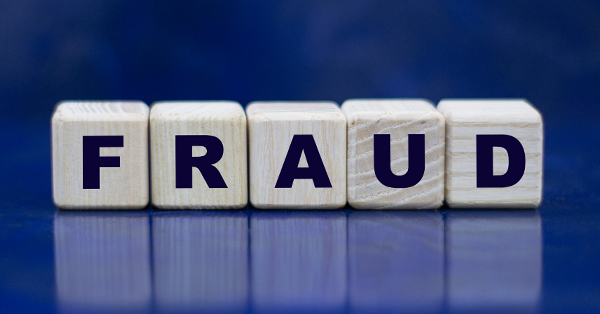– The best resource for monthly healthcare regulatory compliance updates. Compliance Updates: April 2024 Overlook: Licensure Compacts Other Legislation Board Updates Interstate Medical...


In 2021, the Department of Justice reported recovering over $5.5 billion from settlements due to fraud and false claims. This is the largest amount recovered under the False Claims Act since 2014.
Over $5 billion of the total amount recovered in 2021 was related to the healthcare industry. You may find this surprising, but as federal healthcare spending increases, so does the risk of abuse. Abuse of government healthcare programs is a federal offense with severe penalties.
As a healthcare provider, being familiar with healthcare fraud and abuse laws is important. Doing so not only protects you as the provider and your organization, but also the American taxpayers, who pay the bill.
This guide will cover three federal fraud and abuse laws that healthcare providers need to know about. These include:
Originally enacted during the Civil War, the FCA was established to prevent fraudulent acts against federal and state programs. Since then, the FCA has changed significantly. Today, the FCA establishes liability for knowingly presenting a false or fraudulent claim for payment to the U.S. government or a government contractor.
The FCA primarily combats healthcare fraud and abuse associated with Medicare and Medicaid. However, it applies to a false claim submitted for payment to any federally funded program, including Tricare or the Veterans Health administration.
Several scenarios, as described below, can constitute FCA violations when knowingly and intentionally committed.
Violating the FCA comes with steep penalties. Those that knowingly submit or are involved in the submission of a false or fraudulent claim for payment to any federally funded program are subject to the following:
Due to the vast quantity of aid that federally funded healthcare programs provide, the FCA depends upon and allows what is known as qui tam actions. This allows a private citizen — now also known as a “whistleblower” or a “relator” — to file suit on behalf of the government against persons engaged in fraud.
The Anti-Kickback Statute (AKS) prohibits any offer, payment, solicitation, or receipt of money, property, or remuneration to reward or induce the referral of patients or healthcare services to generate business. These referrals include any service or item payable by a government healthcare program.
Remuneration is considered anything of value and can include, but is not limited to:
Those who pay or accept kickbacks can be found in violation of the AKS. Possible penalties include fines of up to $50,000 for each kickback and prison time. A breach of the AKS is also subject to prosecution under the FCA and various federal and state laws and regulations.
The Physician Self-Referral Law, frequently referred to as the STARK law, prohibits providers from referring patients to receive designated health services with which the provider or an immediate family member has a financial relationship. Violation of this law requires health services to be payable by Medicare or Medicaid. Designated health services include the following:
As a strict liability statute, the STARK law doesn’t require proof of intent to violate the law. Penalties for violations of the STARK law include:
Since STARK is a civil law, it doesn’t apply criminal penalties such as prison time. But, some exceptions may apply.
Under the Exclusion Statute, individuals and entities convicted of the following crimes are excluded from participating in federally funded programs in the future:
An FCA, AKS, or STARK law violation qualifies for placement on the Office of Inspector’s General exclusion list. Excluded providers and entities can no longer bill Medicare and Medicaid directly or indirectly through an employer or group practice for services rendered to patients.
As you can see, there is a considerable risk in employing or contracting with excluded individuals or entities. Here’s what you can do to prevent and avoid FCA, AKS, and STARK law violations and their severe penalties:
Verisys’ line of products and services can enhance your security and ensure compliance with hundreds of federal and state laws and regulations.
Learn more about how Verisys can assist your healthcare organization in meeting all government and regulatory standards.